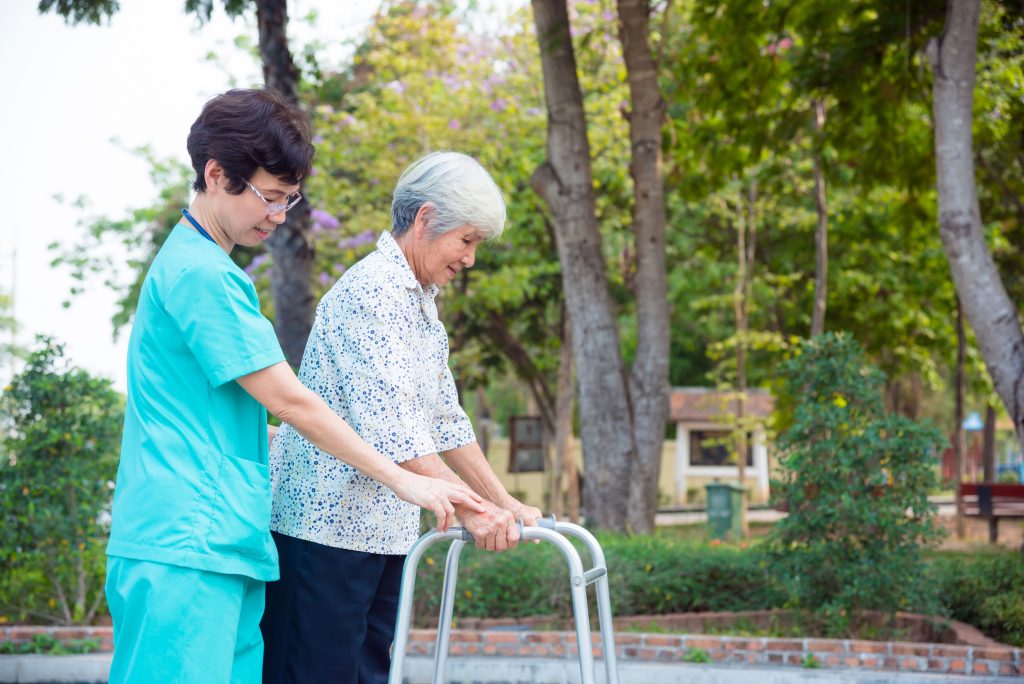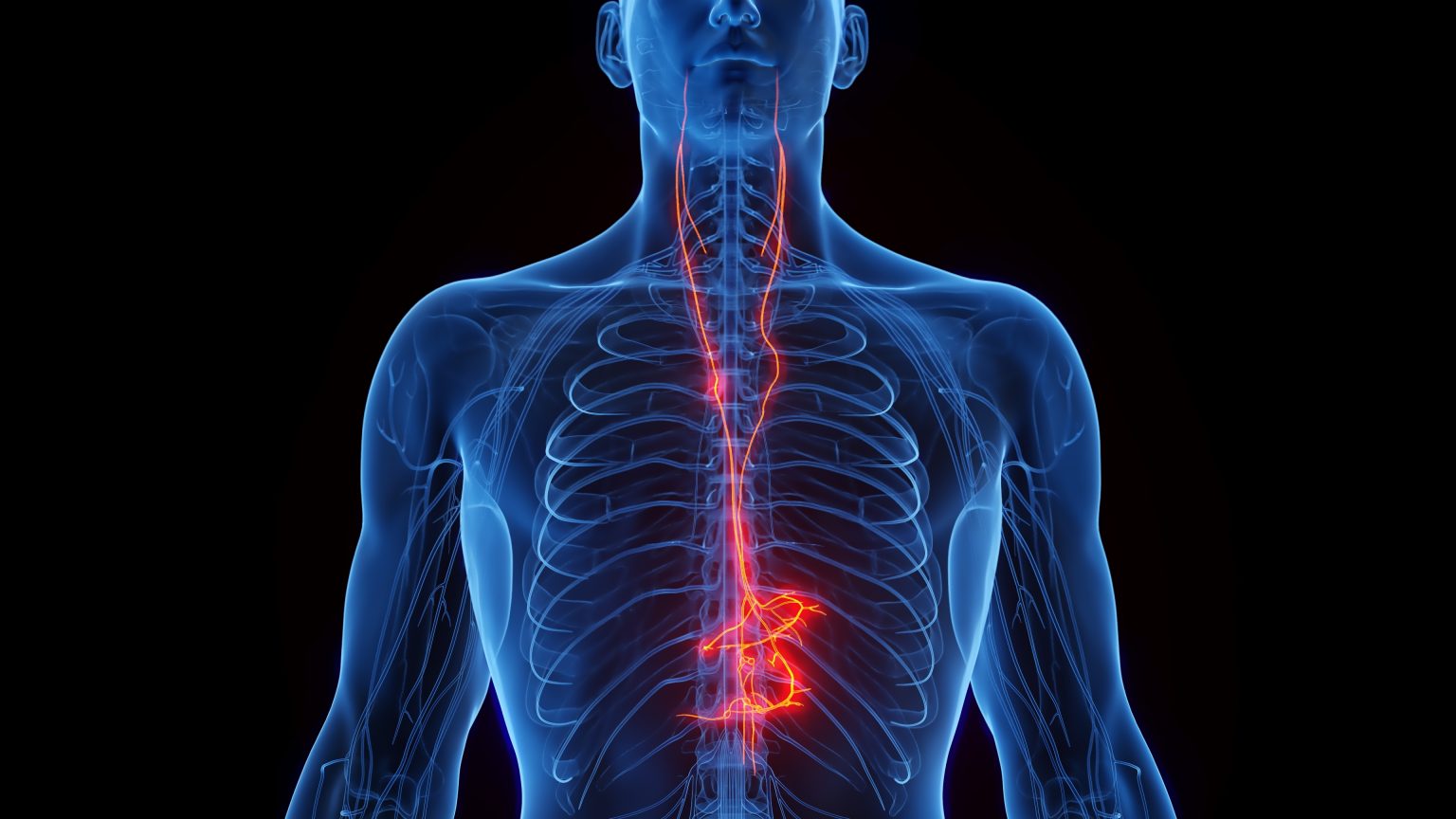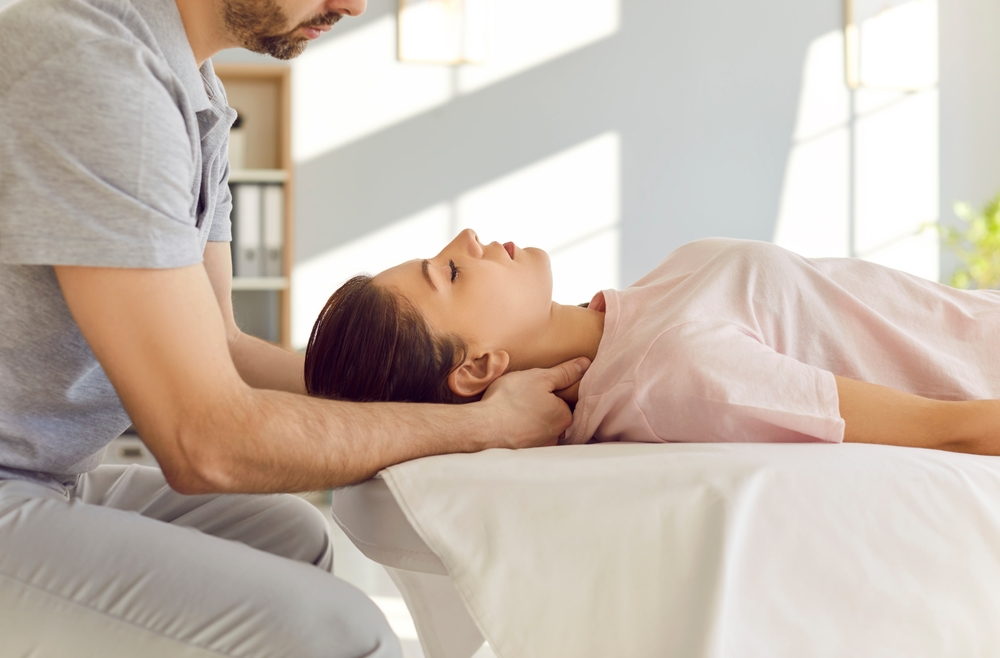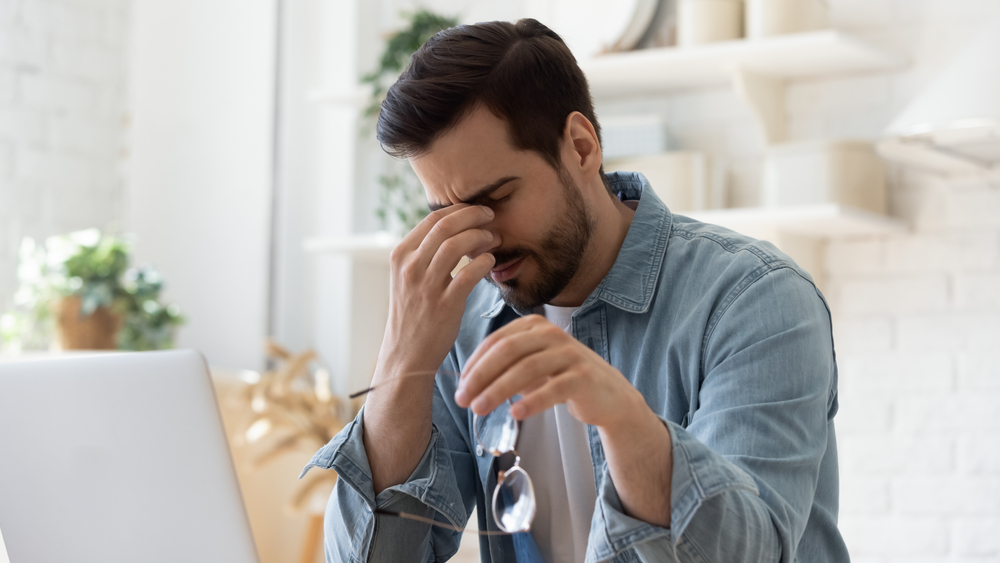Falls are a serious risk for elderly people and can lead to severe health issues. Falls are the leading cause of injury in this population and can have lasting effects on their quality of life. Unfortunately, falls are extremely common amongst seniors, so it is important to understand how falls occur, what you can do if you have fallen and possible solutions. One possible solution for preventing falls in elderly people is physiotherapy. We will discuss its impact in this blog.
Why do Falls Occur in Elderly People?
Falls are a common occurrence in the elderly population. It’s important to understand why falls occur in the elderly so that proper preventative measures can be taken to reduce their risk.
The major contributing factor behind falls in seniors is a combination of age-related physical changes and environmental factors. As people age, they often experience reduced strength and flexibility, which can lead them to lose balance more easily or become unsteady on their feet. Additionally, some medications can cause dizziness or drowsiness, further increasing the risk of falls.
Environmental factors can also contribute to falls in the elderly, such as obstacles in walkways or stairs, inadequate lighting, and slippery floors. Poorly designed bathrooms with no grab bars or shower chairs can also increase a senior’s risk of falls.
Family members and caregivers need to recognise the signs of falls in their elderly loved ones so that they can take action to prevent future falls from occurring. Common warning signs include dizziness, confusion, decreased mobility, unsteady gait, and difficulty maintaining balance. If you notice any of these signs in an elderly person you know, it may be wise to encourage them to see a doctor for an evaluation.
What Are the Effects of Falls?
Falls can have a significant impact on an elderly person’s quality of life. In addition to physical injuries such as broken bones or bruises, falls can lead to a loss of independence, depression, and decreased activity level.
The effects of falls on the elderly are far-reaching and can be long-lasting. Falls increase the risk of hospitalisation and disability, while also reducing mobility and self-care ability. Falls can also lead to anxiety and fear among elderly people who may become more hesitant to move around their home or take part in everyday activities for fear of another fall occurring.
So, what can be done? There are many ways to overcome the dangers and worries of falling, but one fantastic way in preventing falls in elderly people is physiotherapy.
How Physiotherapy Prevents Falls in the Elderly
Increase Strength
Strength is an important factor in fall prevention, particularly as people age. Weakness in the legs and feet can cause falls, and physiotherapy can help to improve strength and stability. Physiotherapists use a range of exercises to target muscles that are important for balance, stability, and strength. These exercises may include resistance training with weights or bands, balance activities such as standing on one foot or walking heel-to-toe along a line, stretching for improved range of motion, coordination drills such as throwing and catching balls with partners or family members, and aerobic activities like walking or cycling. Strength training can also improve posture which is important for fall prevention because it reduces risk factors such as dizziness from sudden movement, poor vision due to falls, and falls from trips or slips.
Can physiotherapy help with balance and coordination issues?
Yes, physiotherapy can be used to improve balance and coordination, which can be helpful for individuals with conditions such as Parkinson’s disease or multiple sclerosis.
Improve Balance
Balance is a key factor in fall prevention, particularly in the elderly population. Physiotherapy can help to improve balance with activities such as standing on one foot while reaching for objects, walking heel-to-toe along a line, and stretching exercises that target muscles important for balance. Additionally, physiotherapists may use tools like stability balls or foam wedges to challenge balance further as well as provide tactile stimulation which can reduce fear of falls. Improving balance not only reduces fall risk but also helps people feel more confident and independent when performing daily tasks.
Reduce Muscle Tightness and Pain
Muscle tightness and pain are common issues in the elderly population due to age-related conditions such as arthritis. Physiotherapists can reduce muscle tightness and pain with a range of treatment options such as manual therapy, massage, ultrasound, hot or cold treatments, and exercise programs. Activity-based therapies are especially useful for people suffering from chronic pain since gentle movements help to reduce stiffness and improve mobility.
Education about Falls Prevention
Physiotherapists provide fall prevention education which includes understanding factors that increase falls risk and how to minimize these risks. Education may include an individual falls risk assessment (which looks at factors like medications, vision, strength, and balance), advice on how to modify certain activities to make them safer, setting up safe pathways in the home environment or suggesting helpful assistive devices. Many fall prevention programs also include lifestyle and behaviour modification advice such as healthy eating, exercising to improve strength and balance, fall prevention classes at a community centre or in the home, and social activities.
Identifying Risks
One key way in which physiotherapy prevents falls in elderly people is by assessing risks in their homes. Physiotherapists can provide falls prevention advice on how to reduce fall risk through home modifications such as removing tripping hazards, installing grab bars or handrails in bathrooms and stairways, ensuring adequate lighting throughout the house, and using non-slip mats in kitchens and bathrooms. Additionally, physiotherapists may recommend assistive devices such as canes or walkers to improve mobility and stability.
Contact Us
At Falcon Health, we provide a wide array of physiotherapy and chiropractic services to help prevent falls in elderly people. Our expert team will work closely with you to develop a bespoke care plan and ensure that you get the treatment you need and deserve. We are happy to discuss any worries or concerns you may have and are dedicated to helping you get back to your best. Whether you’ve had a fall, or want to prevent one from occurring, contact us today at info@falcon-health.com or 01444 257555.
Article: Phoenix Marketing
